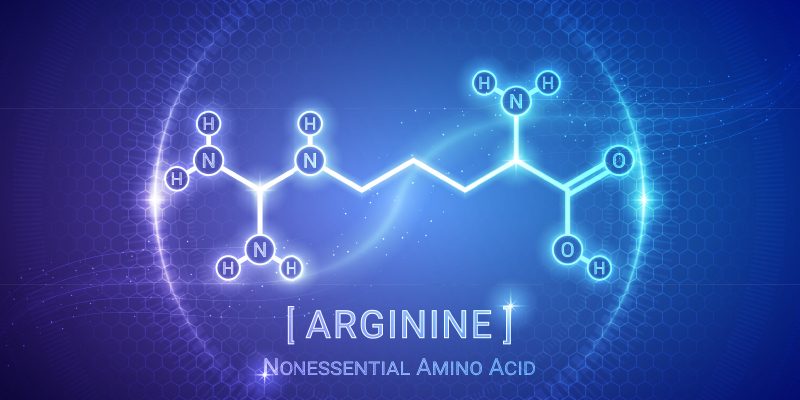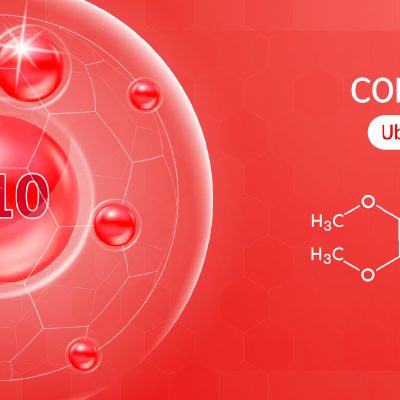Understanding Arginine: A Vital Amino Acid for Health
The Importance of Arginine
Arginine is a semi-essential amino acid that plays a critical role in various physiological processes in the body. It is instrumental in the preservation and packaging of DNA, maintaining the integrity of organelles within cells, and facilitating hormonal regulation. Additionally, arginine is known for its significant effects on blood pressure regulation, urine production, hormone storage, and enhancing reproductive function in both men and women. Due to its diverse roles, arginine is widely used in various health applications and is crucial for the treatment of several medical conditions.
What are the Sources of Arginine?
Arginine is essential for numerous bodily functions, including repairing blood vessels and preventing heart failure. While the body can produce arginine, it’s also important to obtain it through dietary sources. Here are some foods rich in arginine:
- Turkey and Chicken: Lean poultry is an excellent source of arginine.
- Soybeans: A plant-based source providing sufficient levels of arginine, making it ideal for vegetarians and vegans.
- Pumpkin Seeds: These nutrient-dense seeds are not only high in arginine but also provide healthy fats and other essential nutrients.
- Peanuts: A tasty snack that contributes to arginine intake and contains healthy fats and protein.
- Dairy Products: Milk, cheese, and yogurt provide arginine along with a range of other vital nutrients.
- Chickpeas and Lentils: Legumes are a good plant-based source of arginine, great for adding to salads and dishes.
The Benefits of Arginine for Health
Arginine offers numerous health benefits, particularly in the following areas:
- Cardiovascular Health: Arginine supports improved blood circulation by aiding in the production of nitric oxide, which helps relax blood vessels and lower blood pressure.
- Hormonal Regulation: Through its role in hormone processing, arginine helps maintain proper hormone levels, which can affect overall health.
- Enhancing Athletic Performance: Many athletes use arginine supplements to boost endurance, reduce fatigue, and improve recovery times.
- Wound Healing: Arginine supports tissue repair and can speed up the healing process for injuries.
- Boosting Immune Function: As a precursor to several important nutrients, arginine can improve immune system performance and resilience.
Supplementation Considerations
While a balanced diet can provide adequate arginine levels for many individuals, some may find it challenging to achieve sufficient intake. Factors such as:
- Dietary Restrictions: Vegetarians and vegans may need to focus on alternative sources or consider supplements to ensure adequate arginine intake.
- Health Conditions: Individuals with specific health issues or increased physical activity may benefit from arginine supplementation.
While multivitamins can offer valuable support for overall health, it is essential to recognize that a balanced diet should remain the cornerstone of nutritional well-being. Multivitamins are intended to be a complementary measure and should not be considered a substitute for a diverse and nutritious food intake.
Note: It is strongly advised that individuals consult a healthcare professional prior to initiating any supplement, particularly if they have existing health conditions, are taking prescribed medications, or are pregnant.




